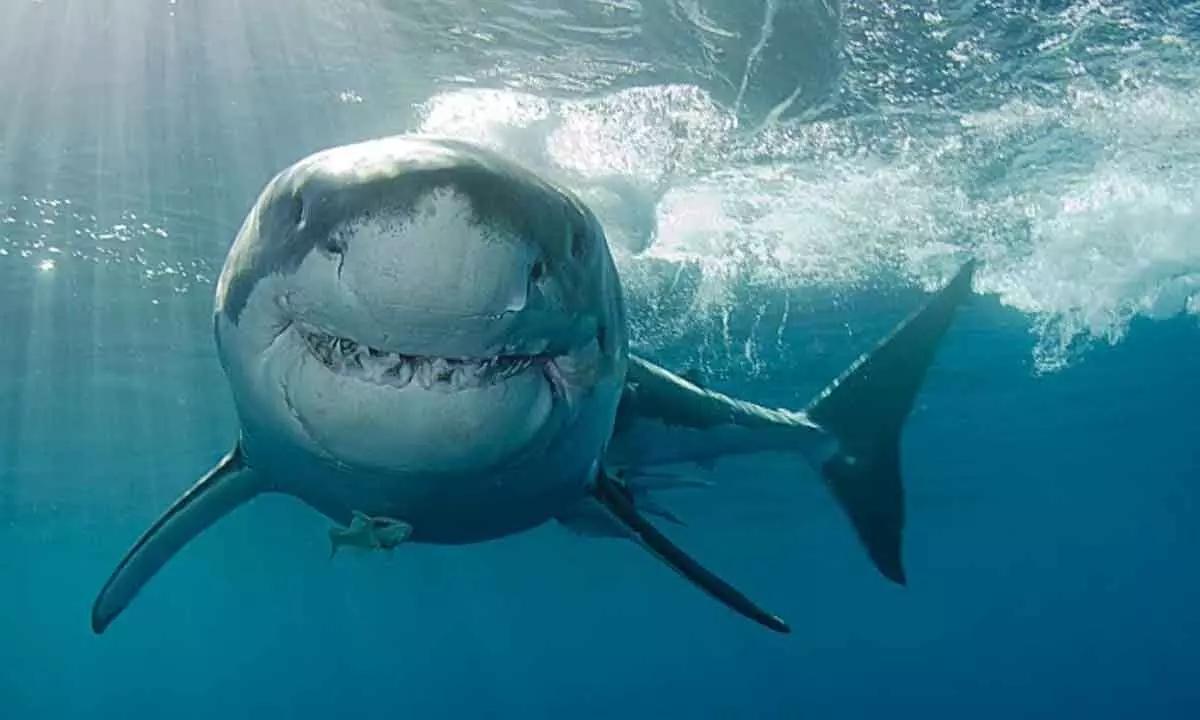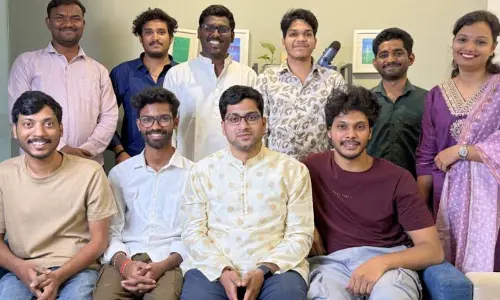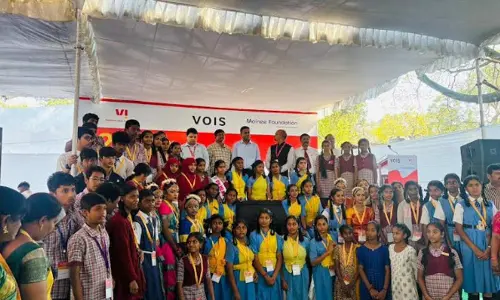India plans to earmark ‘shark hotspots’

Kochi: The ICAR-Central Marine Fisheries Research Institute (CMFRI) has proposed to demarcate “shark hotspots” in Indian waters to implement spatio-temporal fishing regulations, given the declining trend of shark catches. This move aims to safeguard endangered species, juveniles, and breeding adults from targeted fishing. Presenting the status of shark fishery in India at a consultative meeting on the conservation of sharks held here, Dr Shoba Joe Kizhakudan, Head of the Finfish Fisheries Division of the CMFRI said that sharks have not evolved to withstand over-exploitation. “They cannot reproduce fast enough to make up for the increasing number of deaths every year as most sharks have a long lifespan and low reproductive output. The presence of juveniles in landings further intensifies the threat to their sustainable population,” he said. According to CMFRI, the landings of elasmobranches, a group that includes sharks, rays, and guitarfish, declined by approximately 55 per cent between 2012 and 2022.
Highlighting CMFRI’s research works on sharks, CMFRI Director Dr A Gopalakrishnan said the institute in the next five years will focus on understanding the complex interplay between fishing activities and other factors affecting shark populations. “CMFRI has been recognised as CITES (Convention on International Trade in Endangered Species of Wild Fauna and Flora) Scientific Authority in India and is responsible for conducting Non-Detrimental Finding (NDF) studies on CITES-listed marine species. Six NDF documents covering 11 resources have been brought by the institute so far,” he added. Gopalakrishnan also said that annual landing estimates of 121 species of elasmobranches from the Indian EEZ are being carried out by CMFRI. “The government of Oman has requested CMFRI’s technical guidance for their shark and ray research programmes, including the use of classical and genetic taxonomic identification tools,” he added.
Conservation plan on the cards
India is poised to adopt the National Plan of Action for Conservation and Management of Sharks (NPOA). On Monday, a meeting was jointly organised by the Department of Fisheries, the Central government and the Bay of Bengal Programme Inter-Governmental Organisation (BOBP-IGO) in which feedback from all stakeholder was taken paving the way for NPOA implementation. The draft of the NPOA outlines key priorities for effectively managing and conserving shark populations in Indian waters. Discussions at the meeting cantered on these critical areas, ensuring a comprehensive and actionable plan. These areas include legal framework, capacity building, data collection, scientific research, regulation of fishing, biodiversity and ecological considerations, and regional cooperation.
The proposed plan also envisages enactment of law for waters between 12 and 200 nautical miles, implementation of log book system, awareness building among fishermen, encouraging fishermen to follow gear regulations and bycatch reduction measures among many others. Neetu Kumari Prasad, Joint Secretary to the Department of Fisheries, said developing NPOA is vital for the sustainability of the shark fishery. “We’ve engaged extensively with fisher associations, research bodies, and NGOs to create a comprehensive plan. The plan is expected to improve India’s understanding of its shark population and the communities dependent on it. This knowledge will equip the government with the tools to make informed decisions on shark fisheries and conservation in the country,” said Prasad.
P Krishnan, Director of BOBP, said that the plan aims to promote sustainable fishing practices, ensuring the long-term health of both shark populations and the fisheries sector. “This will help support coastal communities by facilitating the development of alternative livelihood as more than two lakh people in India earn over 50 per cent of their livelihood on shark fisheries,” Krishnan said. He said that the NPOA plays a crucial role in regulating India’s substantial involvement in the global shark trade. “This includes guaranteeing compliance with the Convention on International Trade in Endangered Species of Wild Fauna and Flora (CITES) and actively combating illegal, unreported, and unregulated (IUU) fishing activities”, said Krishnan.
Shark numbers declining
Sharks play a crucial role in healthy ocean ecosystems because they are a top predator—they keep prey species populations at a healthy level and prevent algae overgrowth that advances the decline of coral reefs. Some species of sharks are particularly vulnerable to overfishing because they do not populate quickly. The United States enforces a science-based fishery management approach that prevents overfishing and rebuilds stocks. Most heinously, sharks are de-finned alive, known as “shark finning.” Once its fin has been cut off, the body is thrown overboard where the shark drowns while bleeding into the water, which attracts more sharks. This practice is prohibited by several international tuna treaties, U.S. federal law and under some U.S. state laws. U.S. fishermen must bring a shark to shore with all its fins naturally attached. Shark fins are dried and then sold to make shark fin soup, and a single bowl may sell for $100 USD. (US Fish and Wildlife Service)










